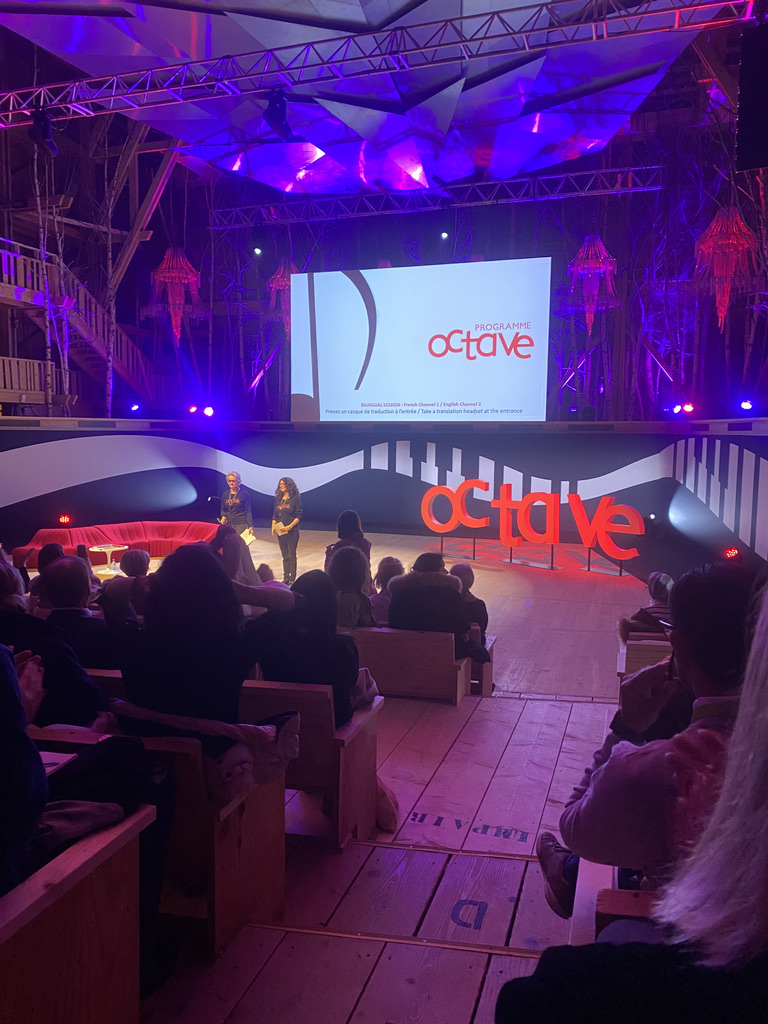Connect with us on LinkedIn for updates and the latest industry news
Great leadership demands ‘clarity of self’ and the expression of an ‘authentic self’ (the ‘real’ you) to those around. Try to lead by copying those listed in the top 100 companies across the world and you will fail – why? Because they are someone else, you are not them, your context is different as are the challenges you face…
You may read and say their words but you will sound different, you may apply their strategies but your environment is different, you may even buy in their services to help… but they are not you…and you are not them…you must find your way of being you….
 Authentic leaders are leaders who:
Authentic leaders are leaders who:
“(a) know who they are and what they believe in; (b) display transparency and consistency between their values, ethical reasoning and actions; (c) focus on developing positive psychological states such as confidence, optimism, hope, and resilience within themselves and their associates; (d) are widely known and respected for their integrity.” Avolio, B. J., Gardner, W. L., & Walumbwa, F. O. (2005). Preface. In W. L. Gardner, B. J. Avolio & F. O. Walumbwa (Eds.), Authentic leadership theory and practice. Boston: Elsevier JAI.
Authentic leadership is about figuring out who YOU are (and showing who you are there for), over figuring out what you are here to DO
However… who you were may not be who you need to be
What I mean is… who you were in your journey to get to here may not now be the person that you need to be going forward….to get to your next point (or podium).
Paraphrasing from a 2005 Harvard Business Review article on authentic leadership (original article: https://hbr.org/2005/12/managing-authenticity-the-paradox-of-great-leadership)
The difficulty for leaders, particularly those in transition points such as those moving up in an organisation is “to find a balance between expressing their personalities and managing those of the people they aspire to lead or at least influence.”
“Authenticity is not the product of pure manipulation. It accurately reflects aspects of the leader’s inner self, so it can’t be an act. But great leaders seem to know which personality traits they should reveal to whom and when. They are like chameleons, capable of adapting to the demands of the situations they face and the people they lead, yet they do not lose their identities in the process.”
There are two segments within this article that spoke to me, the first one was that of ‘managing the perception’…
“you have to ensure that your words are consistent with your deeds; otherwise, followers will never accept you as authentic”.
What interests me here is, what if you flex your style or approach for your audience? Does this then mean you are drifting away from the authentic you? Are you now compromising your values or is this simply changing your style to fit the needs of the moment?
When does storytelling go from ‘inspiring’ and audience for the purpose of positive change toward ‘manipulating’ a situation to ‘conspire’ against an audience…? A tension to serve others and/or results may lead a compromise in who you are. A paradox between ‘being you’ vs being who they need you to be right now?
The second area was that relating to ‘use where you come from’
“Authentic leaders use their personal histories to establish common ground with their followers”.
There seems to be a willingness and an ability within great leaders to share ‘themselves’ with their followers – what is often referred to as ‘self disclosure’. To do this leaders need to be profoundly self aware but equally have the skill and timing to share. Although in this article it proposes that those who are good at this do it well without knowing (and at the right level).
How do you know what to disclose and when to disclose it? And who to disclose it with? Does this happen in natural work settings, meetings or social engagements (or all of these)? This is something that has given me much personal reflection, we all have life stories worth hearing but we may not always get our timing and tempo/tone right.
From the reading I have done, what I see is authentic leaders use their influence to care and not to coerce, they work ethically with transparency and truth. Looking at a sporting context I enjoyed this perspective from Stuart Lancaster England Rugby Coach 2011-2016, now at Leinster Rugby

Stuart Lancaster @Getty Images
“In a team environment and in a sporting environment, authenticity is extremely important,….. Players can see it straightaway if you’re not”
“I have this theory about credibility and authenticity that if it’s on a scale of zero to one hundred, when you enter a new organisation you enter at about 50. That’s because you’ve got the job and people know your track record. You gain and lose points with every interaction that you make. The trick is to gain more points than you lose – to keep yourself on an upward curve.”
“I’ve worked with coaches in the past who come in with fantastic track records and trophies in their back pocket. You come in and think right this is going to be great. In my mind they’re on 70 or 80 points. Then suddenly they don’t do something that well. They say they’re going to do something and they don’t do it. They don’t practice what they preach, they don’t walk the walk. Gradually they lose points and eventually they lose credibility and players begin to tune them out. Then there’s a player’s meeting and suddenly that coach is gone.”
Original article: https://www.offtheball.com/rugby/leaders-questions-off-ball-stuart-lancasters-theory-credibility-authenticity-322406
Authentic leaders establish trust by aligning their habits, words, and actions with their beliefs, messages, and instructions. It cannot be forced or faked but must come from within.
by Kurt Lindley



